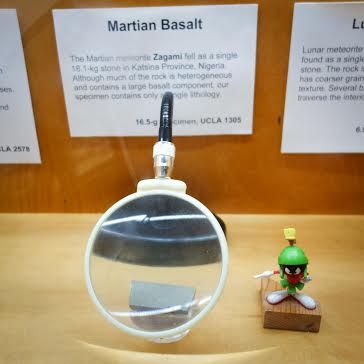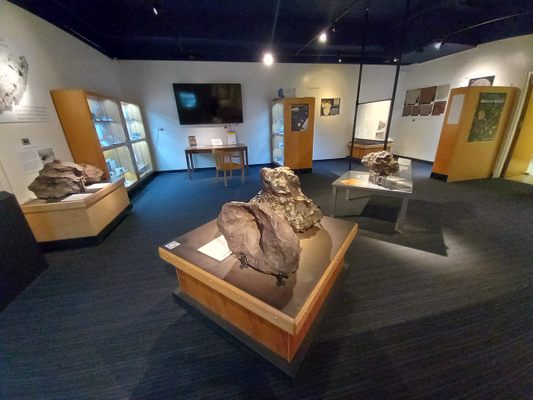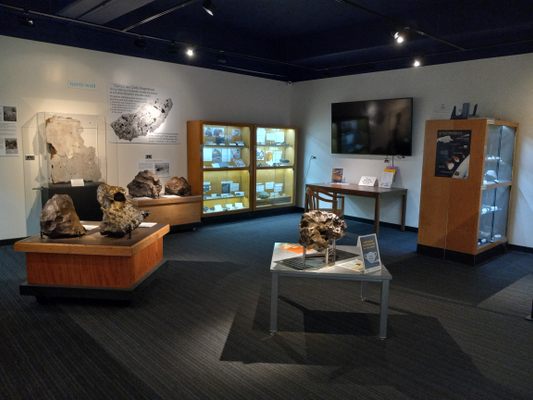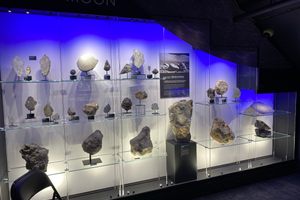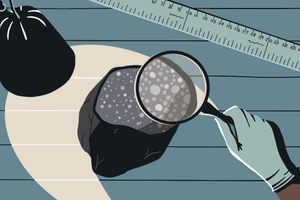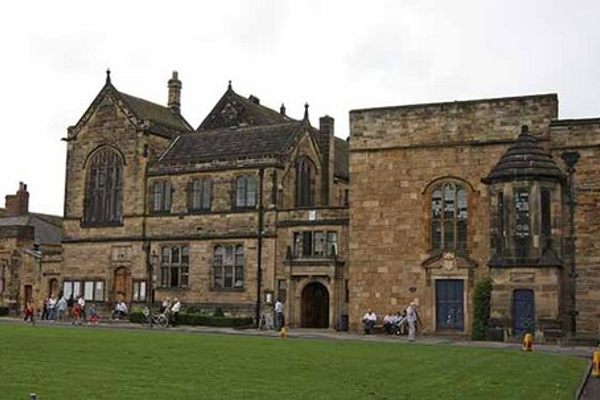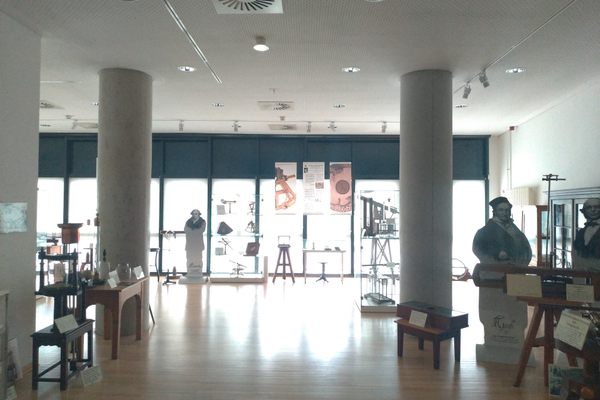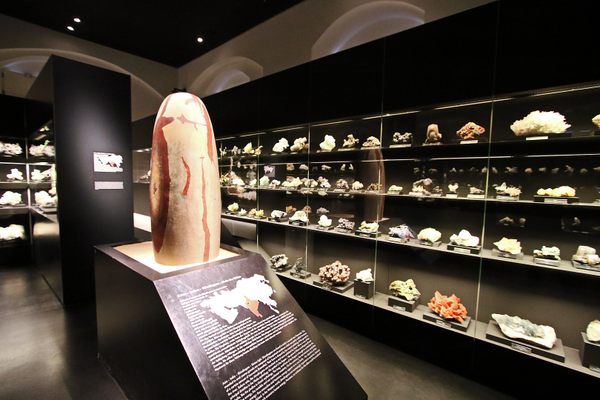About
The United States' second-largest university-housed cache of rocks fallen from the starry skies is curated by an elite team of cosmochemists. These highly specialized space geologists are perhaps the only human beings with a greater passion for meteorites than school children and the thousands of nerds who have poured through its doors since opening to the general public in 2013.
Back when William Andrews Clark, Jr. first donated the massive, 357-pound piece of the Canyon Diablo meteorite to the University of California at Los Angeles in 1934, he likely had little idea that it would become the foundation for one of the premiere collections of meteorites in the United States. Since that day, UCLA's collection has grown to number over 2400 samples strong, taken from more than 1,500 separate carelessly careening space objects. Together they form what is known as the UCLA Meteorite Collection: a publicly displayed, scientifically curated house of wonder, rare in its balance of scientific precision and public accessibility.
On display are 40 "main masses," the most hulking hunks of the bunch, and about 300 smaller chunks typifying the varieties of specimens that exist floating around in the dark ether, just waiting to rain down on us at any moment. The rest of the collection's thousands of meteorites are either bits that are better suited for scientific study, or have been loaned out to other institutions of intellectual or scientific merit—including the Los Angeles County Museum of Natural History.
To commemorate such a monumental gesture of genesis, the folks in charge at UCLA's Meteorite Collection went so far as to rename the very first piece of the collection—that big piece of the Canyon Diablo meteorite donated by Clark—after the man himself. Today, a plaque next to the meteor labels it as a piece of "Clark Iron," which adds a certain tantalizing, superheroic ring to it.
Related Tags
Published
March 15, 2016





